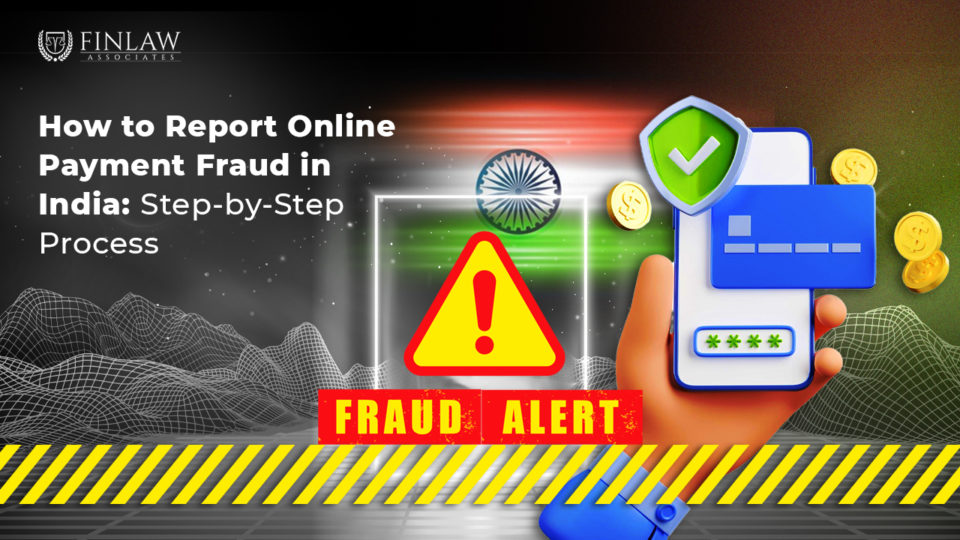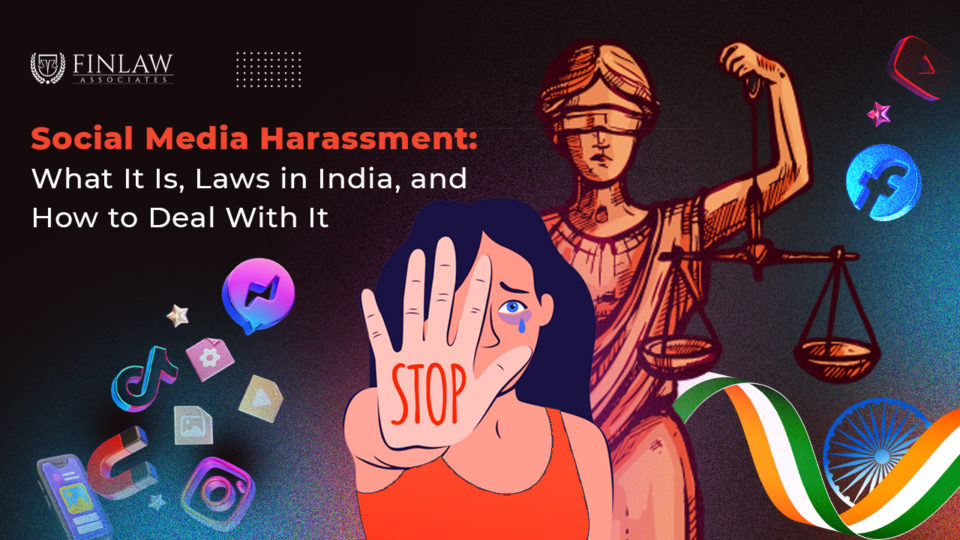
Top 5 Questions to Ask When Hiring a Trademark Consultant
September 3, 2024
Cyber Crime Punishment in India: Understanding Laws, Penalties, and Legal Recourse
October 22, 2024
In today’s fast-paced and competitive world, protecting your ideas and creations has never been more critical. Intellectual property (IP) is one of the most valuable assets a business or individual can own, and its protection is vital to maintaining a competitive edge. Whether you're an inventor, artist, entrepreneur, or business owner, safeguarding your intellectual property in India is essential to ensure that your hard work and innovation are not unlawfully exploited.
This article will guide you through the basics of intellectual property rights (IPR) in India and the different types of litigation that may arise in the course of protecting these rights.
What are Intellectual Property Rights (IPR)?
Intellectual property rights (IPR) function as a legal shield, designed to protect the creations of your mind —whether they are inventions, artistic works, unique business ideas, or brand identities. The goal of IPR is to prevent unauthorized use or theft of your intellectual efforts. Key categories of IPR include:
- Patents: Protect inventions and technical innovations.
- Trademarks: Safeguard brand names, logos, and symbols that identify products or services.
- Copyrights: Protect artistic works, including literature, music, films, and more.
- Trade Secrets: Secure confidential business information, such as formulas, practices, designs, or compilations of data.
- Licensing Agreements: Allow for the sharing of intellectual property with others while maintaining control over its use.
India has a robust framework to enforce intellectual property rights, allowing creators to protect and monetize their work while pursuing legal action against violators through Intellectual Property Litigation.
Types of Intellectual Property Litigation in India
1. Patent Litigation:
Patent litigation focuses on protecting your inventions. If you have patented a product or a process in India, and someone infringes on that patent by making, using, or selling it without your permission, you have the right to pursue legal recourse. India’s Patents Act, 1970, governs patent disputes and ensures that inventors retain exclusive rights to their inventions for a specific period.
In the event of an infringement, the case can be taken to the Intellectual Property Appellate Board (IPAB) or the High Courts in India, where damages can be sought, or the infringing party may be ordered to cease using the patented invention.
2. Trademark Litigation:
A strong brand identity is the cornerstone of any successful business, and trademark litigation ensures that your brand is protected from misuse. If someone imitates your trademark—whether it's your brand name, logo, or slogan—they are infringing on your intellectual property rights.
Trademark litigation in India is governed by the Trade Marks Act, 1999. You can file a suit in the High Courts or before the IPAB to prevent unauthorized use or seek damages. Timely registration of trademarks is crucial to ensure robust protection, as it provides legal recourse if your trademark is violated.
3. Copyright Litigation:
Copyright infringement occurs when someone uses or replicates your creative works without authorization. Whether it's a piece of writing, a song, a painting, or even a film, copyright laws in India—governed by the Copyright Act, 1957—offer protection to your original creations.
If an infringement occurs, legal recourse can be sought through the Copyright Board or the High Courts. Creators can file a lawsuit to seek damages, stop unauthorized use, and even pursue criminal charges in cases of severe infringement.
4. Trade Secret Litigation:
Although India does not have a specific law dedicated to protecting trade secrets, you can still safeguard confidential business information through the Indian Contract Act, 1872 and non-disclosure agreements (NDAs). If someone breaches these contracts and unlawfully discloses or uses your trade secrets, you can initiate trade secret litigation.
The courts in India uphold these agreements, and parties can seek remedies for damages or ensure that the confidential information is no longer used by the offending party.
5. Licensing Disputes:
Licensing agreements allow you to share your intellectual property with others while controlling how it’s used. However, disputes may arise over the terms, conditions, or payments outlined in these agreements. Indian courts address licensing disputes based on contract law principles, ensuring that the agreement's terms are honored and that all parties receive fair treatment.
If a disagreement arises, you can file a suit to enforce the contract or seek damages.
Conclusion:
In a world where innovation is a valuable asset, protecting your intellectual property is essential. By understanding the different types of intellectual property rights and the litigation options available, you can safeguard your creations from unauthorized use. Whether it's a patented invention, a brand trademark, or a copyrighted work of art, legal recourse is available to protect your intellectual property in India.



